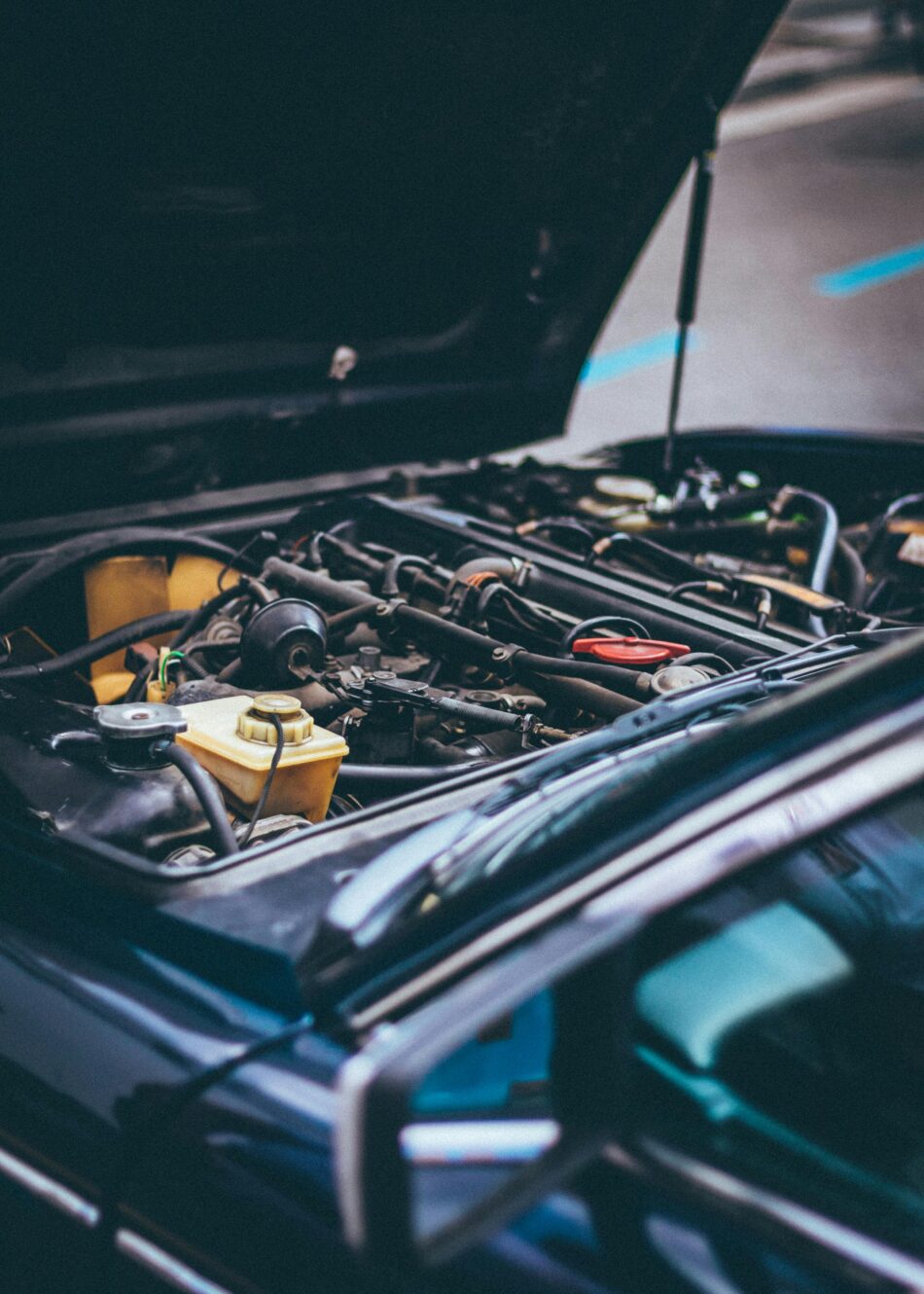There exists some risk that is involved in searching the used parts online. It is convenient, yes, scroll, click, compare but this convenience has made a lot of shady listings and half – truth sellers open the door. The process of a good deal is envisaged many buyers entering it with the belief that it is only about a good price and pictures. Yet it is there that one makes mistakes. It pays to know what to watch out before transferring funds to someone to prevent the difference between a good deal and a six month, costly nightmare.
The Internet has become popular in the purchase of used engines by people who tend to save money and avoid dealer markups and other unnecessary middlemen. Nevertheless, all online sellers should not be trusted. There are those that conceal the truth, some that overstate condition and some that even fail to have the engine they are distributing. These are not necessarily signs that are easy to notice, yet they are there in case one knows how to look.
1. No Clear Proof of Engine History
When an engine is sold remotely, the first thing that should come up is its background. Mileage, vehicle it came from, service record, test results—these aren’t just small details, they’re the foundation. When a seller evades such questions or answers vaguely, then it is a warning signal. Actual sellers can produce paper work or at least verifiable information.
Most of them get fooled with clean pictures and cheap rates thinking that everything should be alright with the engine. But when there is not transparency it is a bad sign. The best sellers are proud to be able to relay all the information, including the flaws. This is the way legitimate business is conducted in the process of purchasing a used engine online.
2. Too Cheap
When you are buying a used engine online getting a used engine at half the usual market price may appear a dream, and that is just what scammers want.
In other cases, it really has an engine- but it is aged, lacks components or does not match the model described in the adverts. Such listings are based on hasty decision-making. It is very easy; when the deal is not real, it is unlikely to be the case. The actual suppliers remain in a reasonable price field because they get to know the actual value of their inventory. The wiser ones also understand that good engines do sell them without having to offer crazy discounts. That is what must be in the mind of every client when purchasing an online engine.
3. No Return or Warranty Policy
Engines are complicated. An ideal one described may still fail upon installation. That is why the credible sellers always provide a period of returning or at least a limited warranty. In case both are declined by an online store, this is an alert. Most unconfirmed dealers use flashy listings yet they fail to support their product in any way through accountability. After the money is paid, the communication is lost.
A short warranty is better than no warranty at all when looking for buying a used engine online. In case it is not mentioned anywhere on the web site, something is amiss. When purchasing an online used engine, people should never fail to notice that part when making any form of agreement. Since, in case of failure of an engine a week later, it has no refund policy, it is irreversible.
4. Improper Communication
A lot is said about the manner in which a seller communicates. Delayed responses, giving vague responses or refusing to respond to direct questions all lead to either bad business etiquette or lying. A legitimate seller is prepared to receive technical queries raised by buyers and about compatibility, compression, leaks, mileage, and others–and comes unprepared should they raise such concerns. For some customers satisfaction matter more, keep that in mind when buying a used engine online.
The most effective ones even take the buyers through the installation process or provide them with additional pictures and videos of the engine at work. That’s how trust is built. When they are pushing to the selling, a lot you are questioning, then they are surely having something to hide. The counterfeits prefer to get fast cash and avoid interrogations. And whenever a person is buying a used engine over the internet, it can either make or break whether the process will be smooth or a nightmare.
5. Physical Condition
An operating used engine will always have photos, test reports, sound clips, something that demonstrates it works as advertised. In case a seller is unable to deliver any of that, then there is no point purchasing that offer. A reliable seller is aware that the buyers simply cannot walk in, so he or she compensates it with evidence.
Whenever a seller will not give even one testing detail, they are most likely does not have an engine ready or they are concealing damages. It is among the pitfalls of remote engine purchasing. They make use of the recycled stock photos or previous posts of other sites, making their offer look original
Conclusion
There is saved time and a broader market when purchasing an engine remotely, but there are also risks that are not so obvious on the surface. Lack of historical backgrounds, unwarranted prices, lack of warranty, ineffective communication, and absence of the testing evidence are the red flags that can be spotted prior to purchasing the products and be spared of the scam and disappointment. Each step must be of verification and not of assumption.
Those that go the safe path are left with engines they can be confident of, sellers that they can trust. buying a used engine online can be the decision you can make for your old car..









